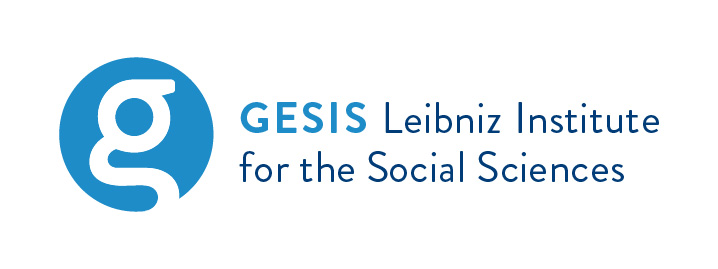Researching the Moment of Truth: An Experiment Comparing In-the-Moment and Conventional Web Surveys to Investigate Online Job Applications
Abstract
Understanding how people seek and apply for jobs online is crucial for addressing social inequality, discrimination, and aiding companies in attracting suitable candidates. Conventional surveys struggle to capture the nuances of online job searches that, as many online events, are characterized by repetition, low distinctiveness, and limited emotional impact. These characteristics can lead to memory-related errors, becoming more likely as the time between the event and the survey increases. Passively collected data, such as metered data provided by online panel members who install tracking software on their browsing devices, offer an alternative. While these data provide objective insights into online job searches, they suffer other types of errors, and cannot capture subjective information and all potential objective data of interest. This paper explores an alternative approach: sending surveys to individuals in a metered panel shortly after an event of interest is detected through metered data. These “in-the-moment” surveys aim to fill in missing information not obtainable through passive data collection while reducing memory-related errors that affect conventional surveys. To assess the feasibility and benefits of this method, an experiment comparing in-the-moment surveys triggered by online job applications with conventional surveys was conducted in an opt-in online panel in Spain to research how people apply for a job online. The results reveal that metered panelists accept well in-the-moment surveys, displaying high participation levels and positive evaluations regarding effort and satisfaction, without perceiving an increased privacy risk. Moreover, the data indicate positive impacts on data quality, with longer and more detailed responses to open-ended questions. However, not all aspects saw substantial improvements, with the reduction of non-recall being weaker than expected, possibly due to participants’ overconfidence in their memories. The significant disparities observed in substantive results between both types of surveys also suggest that participants are not fully aware of what they do not remember.
Keywords
Full Text:
PDFDOI: https://doi.org/10.12758/mda.2025.08
Refbacks
- There are currently no refbacks.
Copyright (c) 2025 Carlos Ochoa

This work is licensed under a Creative Commons Attribution 4.0 International License.

